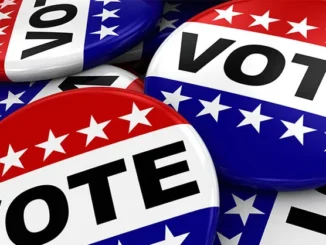

Raising money for charity is a chance to help those in need and it can be very rewarding. But there are certain challenges and responsibilities that come with charity work. Below are some important dos and don’ts to consider before you start doing any fundraising.
DO respect donor privacy
Some people like to let everyone know that they have donated to a cause, but other donors prefer to stay anonymous. It is important to respect your donors’ wishes. This includes following GDPR laws when it comes to collecting your donor’s data – always ask for permission to collect data and do not share donor data without permission.
DO apply for 501(c) status
There have been many stories of influencers like Alec Celestin collecting donations for noble causes, but not applying for 501(c) status. It is illegal for a charity to collect donations in a personal bank account tax-free – they must instead go into a charity bank account and the charity must be 501(c) classed in order to be tax exempt. Similarly, you cannot collect donations as a business in a business account – it must be a specialist charity bank account.
DO thank your donors
When someone donates to your cause, make sure to thank them. You can do this by sending them an email or a thank you letter. This simple act of gratitude shows appreciation and may help to encourage future donations. It may be possible to automate these thank you messages if you are getting a lot of donations, however personalized donations are still better suited to large donations.
DON’T just use one channel
When looking for fundraisers, don’t just stick to one marketing channel. Experimenting with different methods of fundraising can help you to reach different audiences and get more donations. Advertise on social media, create a website and host events to get people’s attention. You can also host charity auctions, raffles, bake sales, sports events and event concerts to raise money. Don’t be afraid to work with other charities or marketing agencies to help pool your resources together.
DON’T make false claims
Under the False Claims Act, it is illegal for charities to make false claims in order to attract donors. This includes using false stats, making false claims about how you will use the donations, or exaggerating the impact your charity will have. Aim to be transparent about your intentions and provide only accurate information when promoting your charity. This will protect you from getting into legal trouble.
DON’T ignore local restrictions
While most places welcome charities, there may only be certain ways in which you can promote these charities. For example, some towns have cold call control zones where it is illegal to carry out door-to-door sales – which includes charity work. In many states, you may also have to get a permit to collect donations on the street. Make sure to look into local law and apply for permits in advance before doing any fundraising.
(This is a Contributed Post)

























